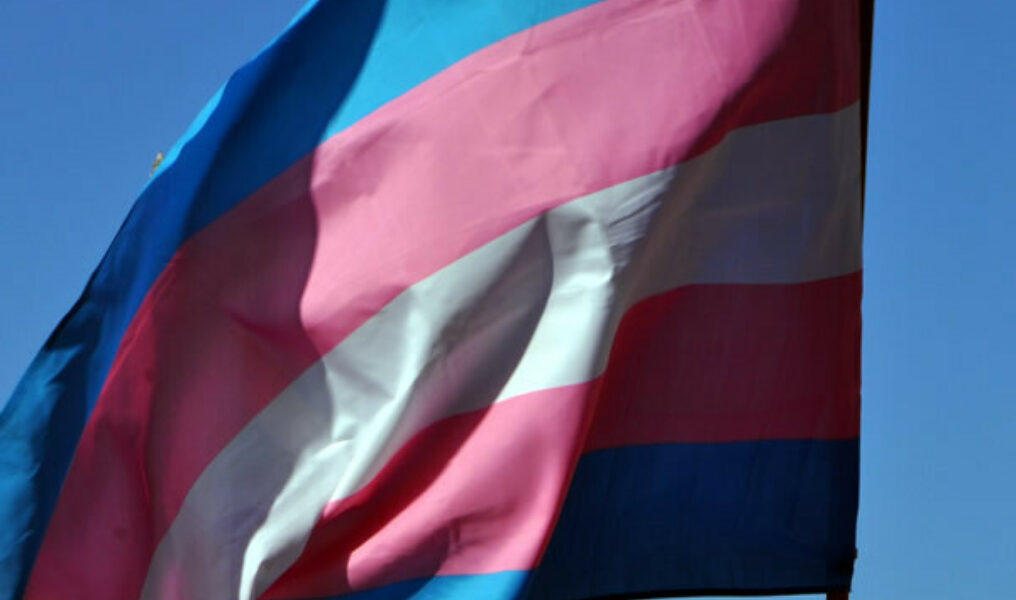It's no secret that the health impacts of the new coronavirus are not yet fully understood. In fact, it's still uncertain what makes different populations more susceptible to the virus than others, but scientists do believe that there are heightened risk factors for people with underlying health conditions. And while there are no direct COVID-19 ties to the LGBTQ community as a whole, researchers at the Williams Institute — a research organization that focuses on gender identity and sexual orientation law and public policy — found in a study that a variety of socioeconomic factors can impact who becomes susceptible to the disease. In particular, the transgender community stood out.
"In addition to age and health, social and economic conditions can contribute to mental and physical vulnerabilities related to the pandemic," said the study's lead author Jody L. Herman. "Transgender people are disproportionately affected by poverty, homelessness, suicidal thoughts and [suicide] attempts, and a lack of health insurance, which puts this population at added risk."
A highlighted number in the study listed roughly 320,000 transgender people across the U.S. as being particularly vulnerable to the virus. Herman said that this number was derived from calculating the transgender people who have asthma, diabetes, heart disease and HIV — all underlying conditions that could make someone particularly vulnerable. And as large of a number as it seems, Herman made sure to point out that this figure is merely an estimate.
"Those numbers are obviously not exhaustive of all the underlying health conditions that could impact trans people and make them more vulnerable to a serious COVID-19 illness, but those are ones we have data for," Herman said.
She added that to understand this data, people have to be aware of the large number of transgender people who don't have access to health care and the unique difficulties transgender people often face when they do. This gets complicated even further when we look at the way health care is provided in the U.S.
"Mostly in the United States, health insurance is still [offered] through employers, and it's part of a benefits package that employers provide to their employees. So, we know that trans people are more likely than the general population to be unemployed," Herman said. "[And] we have seen over the past few weeks, unemployment claims skyrocket."
And while the reasons for the higher rate of unemployment vary, it's largely due to discrimination and lack of standard legal protections for sexual orientation and gender identity across the country. Michigan's own transgender activist Aimee Stephens was fired after she came out at work, and her legal battle has made it all the way to the Supreme Court of the United States, with a decision expected to come down in June.
The study found that "approximately 137,600 transgender adults in the U.S. do not have health insurance, "450,400 transgender adults have not gone to a doctor in the past year because they could not afford it" and that "before the coronavirus pandemic, approximately 667,100 transgender adults lived below 200% of the poverty line."
And it's realities like this that can result in negative mental health effects like an "elevated prevalence of suicide," Herman said. She said, too, that fear of discrimination on top of already lower rates of income and health care access creates even more health vulnerabilities for an already "vulnerable population."
"In general it's people who seem to be the most vulnerable pockets of our society that are going to potentially be harmed the most by this pandemic," Herman said. "… I think that the coronavirus is going to expose a lot of cracks in our system, both our economic system and our health care system."
Read the full study online here.










